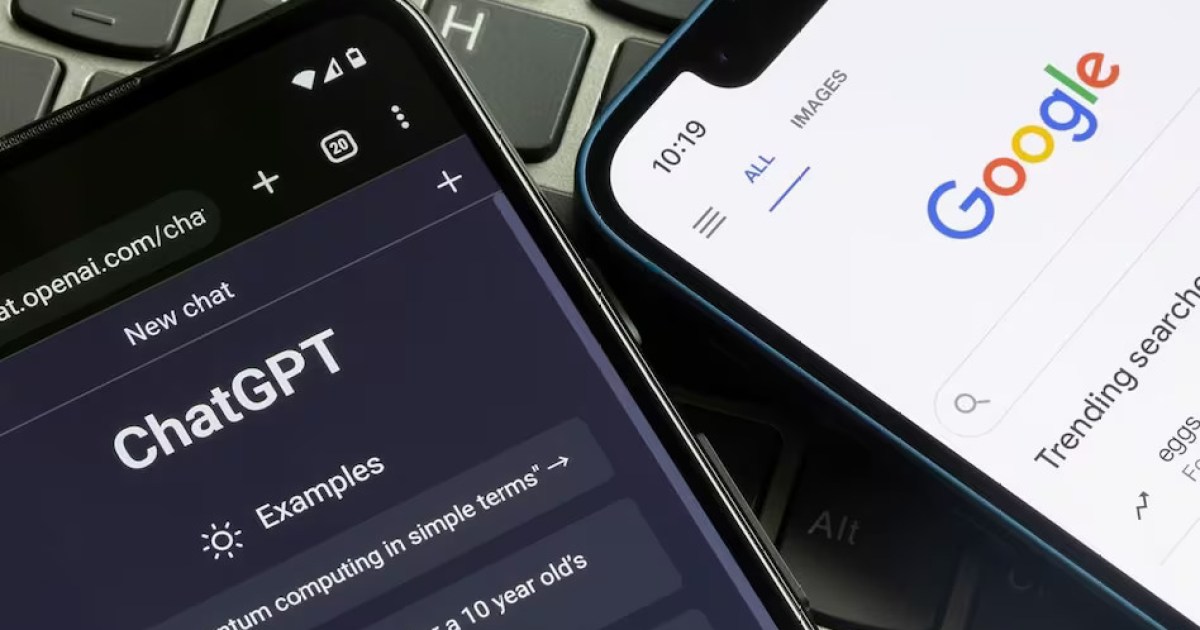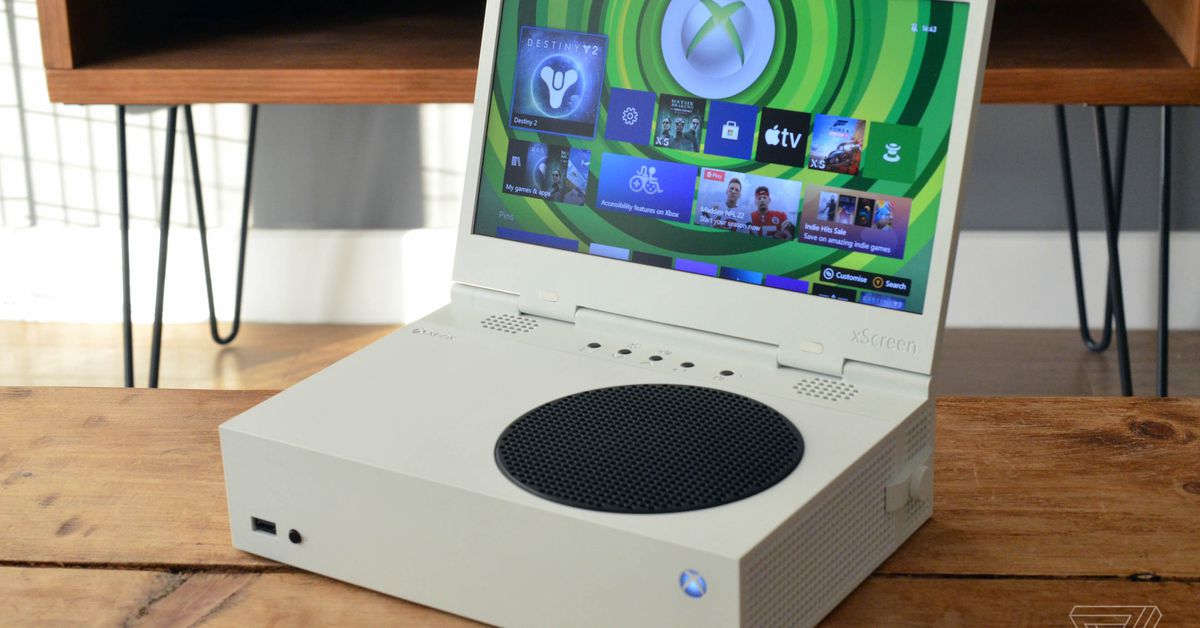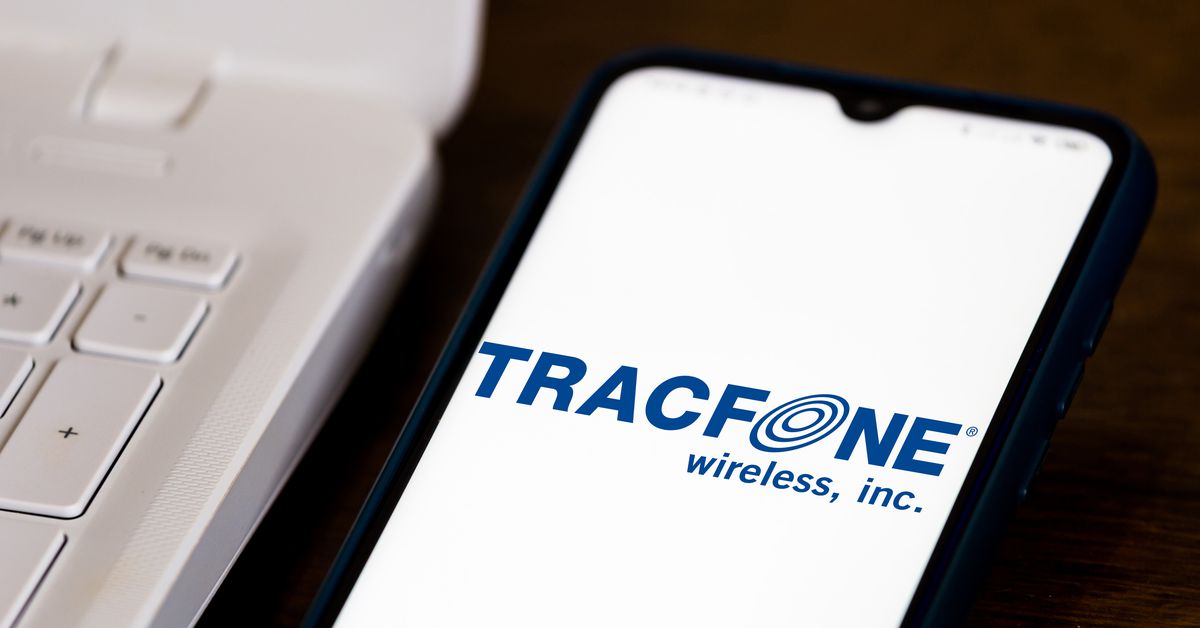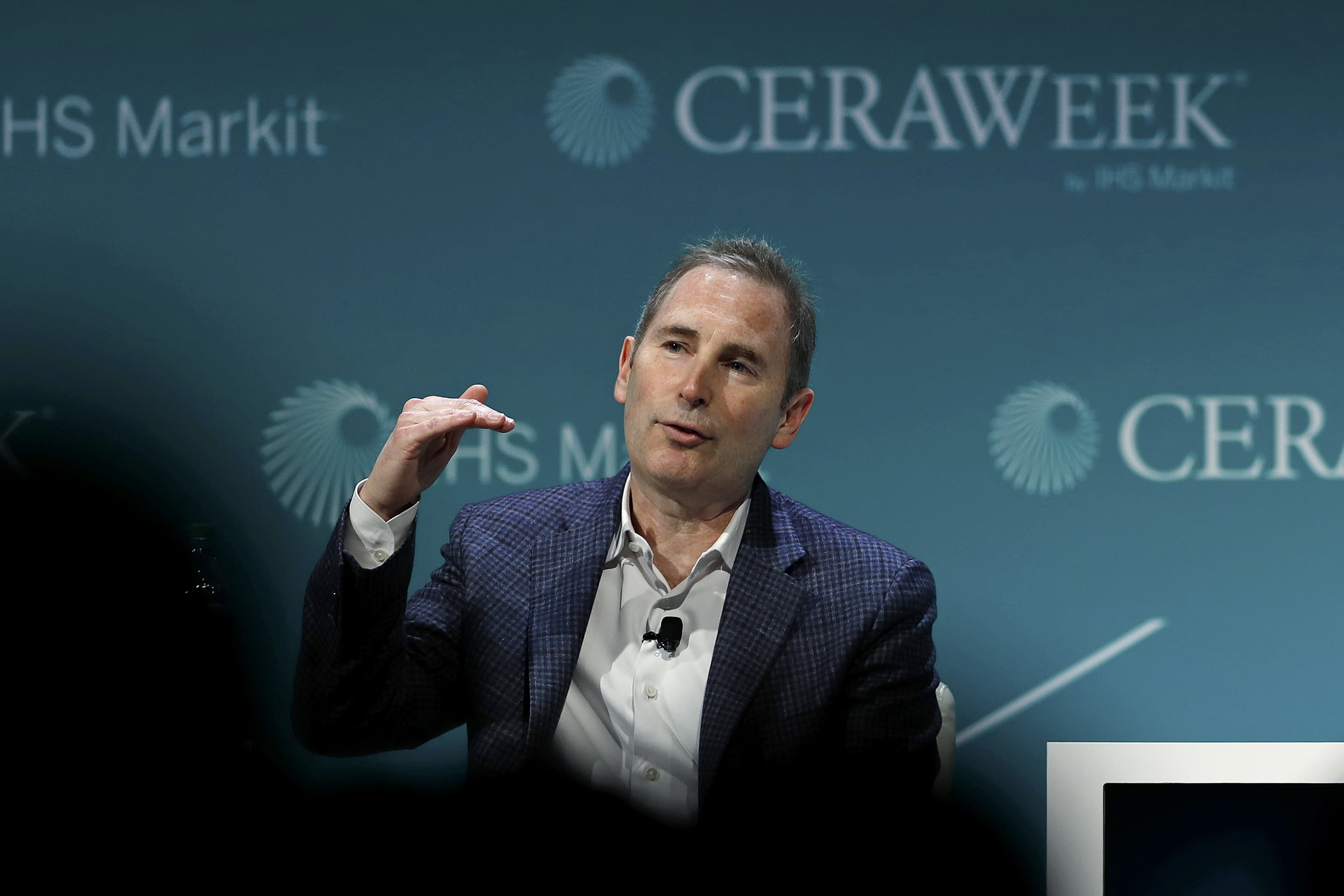Google parent Alphabet tells workers to be wary of AI chatbots
Alphabet has told its employees not to enter confidential information into chatbots, including Bard, which was created by Alphabet-owned Google.

Alphabet has told its employees not to enter confidential information into Bard, the generative AI chatbot created and operated by Google, which Alphabet owns.
The company’s warning also extends to other chatbots, such as Microsoft-backed ChatGPT from OpenAI, Reuters reported on Thursday.
The AI-powered chatbots have generated huge interest in recent months due to their impressive ability to converse in a human-like way, write essays and reports, and even succeed in academic tests.
But Alphabet has concerns about its workers inadvertently leaking internal data via the tools.
In ongoing work to refine and improve the advanced AI technology, human reviewers may read the conversations that users have with the chatbots, posing a risk to personal privacy and also the potential exposure of trade secrets, the latter of which Alphabet appears to be particularly concerned about.
In addition, the chatbots are partly trained using users’ text exchanges, so with certain prompts, the tool could potentially repeat confidential information that it receives in those conversations to members of the public.
Like ChatGPT, Bard is now freely available for anyone to try. On its webpage, it warns users: “Please do not include information that can be used to identify you or others in your Bard conversations.”
It adds that Google collects “Bard conversations, related product usage information, info about your location, and your feedback,” and uses the data to improve Google products and services that include Bard.
Google says it stores Bard activity for up to 18 months, though a user can change this to three or 36 months in their Google account.
It adds that as a privacy measure, Bard conversations are disconnected from a Google account before a human reviewer sees them.
Reuters said that while Alphabet’s warning has been in place for a while, it recently expanded it, telling its workers to avoid using precise computer code generated by chatbots. The company told the news outlet that Bard can sometimes make “undesired code suggestions,” though the current iteration of the tool is still considered to be a viable programming aid.
Alphabet isn’t the only company to warn its employees about the privacy and security risks linked to using the chatbots. Samsung recently issued a similar instruction to its workers after a number of them fed sensitive semiconductor-related data into ChatGPT, and Apple and Amazon, among others, have reportedly also enacted a similar internal policy.
Editors' Recommendations
AI ‘godfather’ says fears of existential threat are overblown Senators to get AI lessons ahead of regulation decisions These ingenious ideas could help make AI a little less evil The 10 best ChatGPT Plugins you can use right now Google’s ChatGPT rival just launched in search. Here’s how to try it![]()
Not so many moons ago, Trevor moved from one tea-loving island nation that drives on the left (Britain) to another (Japan)…
This new Photoshop tool could bring AI magic to your images
These days, it seems like everyone and their dog is working artificial intelligence (AI) into their tech products, from ChatGPT in your web browser to click-and-drag image editing. The latest example is Adobe Photoshop, but this isn’t just another cookie-cutter quick fix -- no, it could have a profound effect on imagery and image creators.
Photoshop’s newest feature is called Generative Fill, and it lets you use text prompts to automatically adjust areas of an image you are working on. This might let you add new features, adjust existing elements, or remove unwanted sections of the picture by typing your request into the app.
Nvidia GPUs see massive price hike and huge demand from AI
It feels like we’ve only just emerged from the debilitating graphics card shortage of the last few years, but a new report suggests we can’t breathe easy just yet. Could a new GPU shortage be on the horizon, or are consumers safe from a return to another nightmare scenario?
According to DigiTimes (via Wccftech), Nvidia is seeing a huge surge in demand for its chips due to the explosion in artificial intelligence (AI) tools like ChatGPT. Nvidia offers a range of graphics cards that excel at AI tasks, including the A100 and H100, and the company is reportedly struggling to keep up in the wake of such massive demand.
OpenAI’s new ChatGPT app is free for iPhone and iPad
OpenAI has just launched a free ChatGPT app for iOS, giving iPhone and iPad owners an easy way to take the AI-powered tool for a spin.
The new app, which is able to converse in a remarkably human-like way, is available now in the U.S. App Store and will come to additional countries “in the coming weeks,” OpenAI said. Android users are promised their own ChatGPT app “soon.”

 Fransebas
Fransebas 

































![Is Your SEO Strategy Built for the AI Era? [Webinar] via @sejournal, @hethr_campbell](https://www.searchenginejournal.com/wp-content/uploads/2025/07/6b-240.png)

